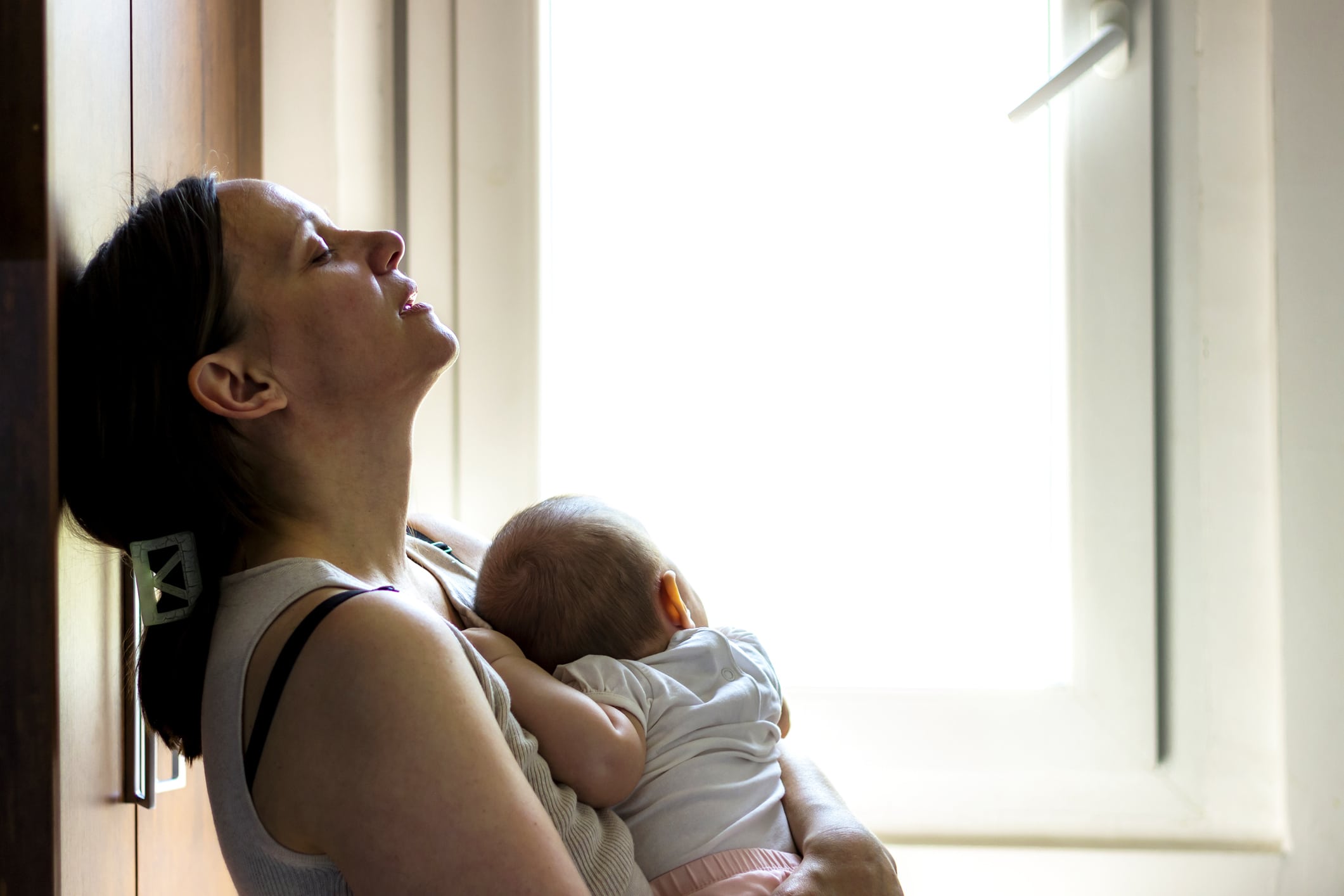As new parents we hear a lot about the “baby blues” and postpartum depression, but often there is little mention about postpartum anxiety. Any transition can be difficult, but the transition of becoming a parent can be challenging both physically and emotionally. We assume we will be filled with constant joy, and it can be scary when it isn’t. Roughly 80% of new mothers will experience the “baby blues” which is considered temporary moodiness such as weepiness, irritability, anxiety, etc. in the few weeks after becoming a parent, however 17-20% of new parents will develop postpartum/perinatal anxiety. The feelings associated with the “baby blues” should eventually dissipate, but if they don’t you may be struggling with postpartum anxiety.
Don’t get me wrong, being a parent can be stressful and there are anxious parents everywhere but many new parents may notice an increase and frequency of worrying thoughts and feelings which may include:
- You had one or more panic attacks and you live in fear of having more.
- You don’t want to be alone with the baby because you are afraid you can’t handle it or things will go wrong.
- Despite being exhausted, you are having trouble falling asleep because your brain and body won’t turn off.
- The things you used to do to relax during stressful or anxious times don’t seem to be working.
- You are totally up in your head thinking, worrying, and stressing problems that could happen – some of which are possible but out of your control and some of which are very unlikely
- You have scary thoughts of terrible things happening to your baby, your loved ones or even yourself.
The above thoughts and feelings may seem very scary but don’t let shame and guilt stop you from getting help. It’s important to take care of yourself through this challenging time, and here are a few suggestions on how to better cope with symptoms related to postpartum anxiety:
Connect with your supports
Think about all of the people that you can call upon for support, who can provide you emotional, physical and informational support. The group of people for emotional support are people you can confide in to share difficult feelings and thoughts and who will help calm you down or make you laugh.The group of people for physical support are the people who you don’t mind watching your children or can run an errand for you. You may not feel comfortable sharing your feelings but you know they can help you do more practical chores or errands. Finally the third group of people for informational support are people who you can rely on for professional advice and guidance such as your doctor or counsellor, but also a wise friend or parent.
Improve self-care
Think of all the things that you generally know are good for your mental and physical health. Self-care doesn’t necessarily have to be about exercise or doing hobbies, but can also be about spending time outside, talking to friends, watching Netlfix yoga, etc. Self-care needs to be realistic based on your capabilities so even a 10-minute walk, resting (aka sitting with your eyes closed) or a quick cup of coffee with a neighbour may improve your mood. You may need to talk to your partner about giving you time to prioritize your own wellness and self-care, again even if it’s just 10 minutes a day- that’s a start!
Seek Professional Support
Counselling such as Cognitive Behavioural Therapy (CBT) can help new parents better manage their thinking patterns that can perpetuate postpartum symptoms. Counselling provides you a safe and confidential space to talk about your challenges and come up with realistic solutions to better cope. Medication is another option to manage symptoms and if interested, please talk to your doctor.
It can’t be emphasized enough the importance of asking for help. Don’t let shame or guilt stand in your way of getting help; the risks are greater than not asking. If you find yourself struggling with thoughts of harming your baby or harm to self, please call COAST at 1-877-825-9011 or 911, or go to your nearest emergency room.
If interested in psychotherapy and counselling supports, please book an appointment with our perinatal mental health trained therapist today. Psychotherapy and Counselling services are available at Bronte Wellness Boutique.


